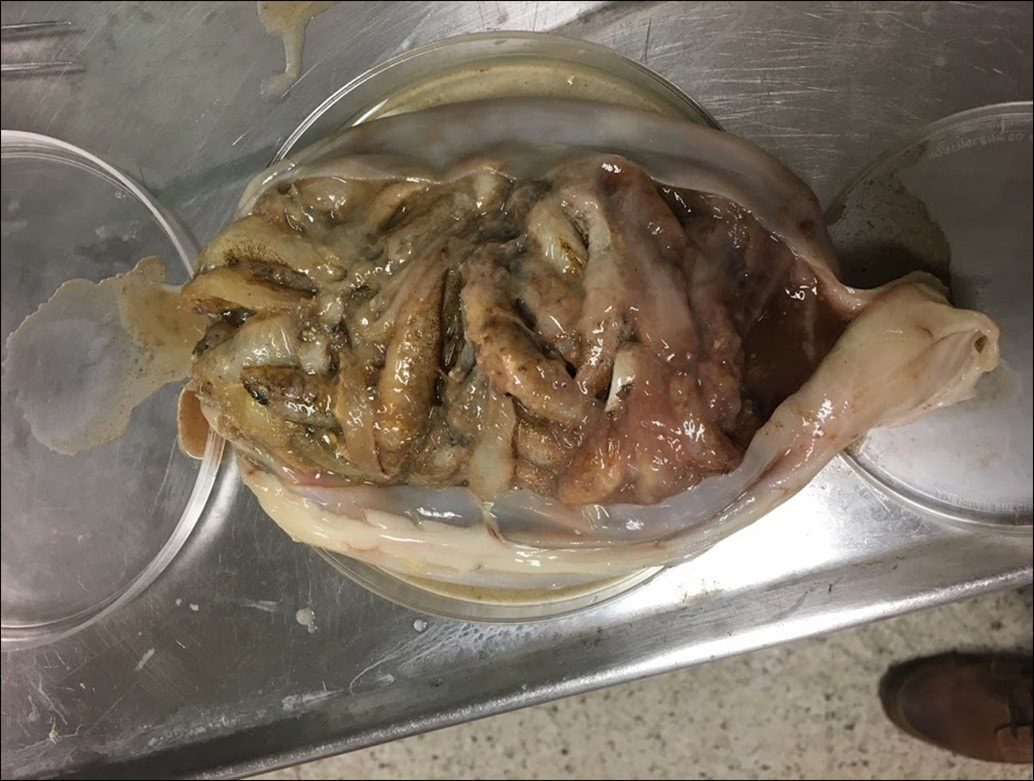What is this project about?
The Great Lakes have changed dramatically over the last 20 years. Both Lake Michigan and Lake Huron have recently experienced historically-low preyfish abundances, and there is concern that fisheries in both lakes are not sustainable. Management agencies use a number of tools to evaluate and manage the fisheries in both lakes, including models that estimate the food demands of predators in the lake. However, a key input to these models is the diets of predators. The Roth Lab has worked closely with Federal, State, and Tribal partners and engaged the angling public to collect more than 11,000 diets from fishes on lakes Michigan and Huron since 2017, including Chinook, Coho, and Atlantic Salmon, Lake Trout, Walleye, Steelhead, and Brown Trout. However, we have some concern that angler-caught diets may not be representative of the 'average' fish. Therefore, we are also analyzing stomachs from fishes caught in fishery-independent surveys and using stable isotopes as a chemical tracer of energy flow through both lakes.
How are we funded?
|
From 2019-2021, we were funded by the Great Lakes Fishery Trust, a private funding source seeking to enhance fisheries in the Great Lakes. Funds from this grant support students, technicians, and outreach activities associated with the project. We are currently funded by the Great Lakes Fishery Commission through 2025.
Interested in helping?We are always looking for more stomachs! Please click here to view a video by Michigan Sea Grant collaborator Dan O'Keefe to find out how YOUR catch can help our study.
Stay updatedVisit us on the Huron-Michigan Facebook page to stay updated on current events on this project. Here we will provide details on workshops where we present project results and tournaments we will attend throughout the field season. We welcome comments, questions, and just pure curiosity. We are also present at multiple tournaments throughout the summer, please come see us and say Hello!
|
You can Help!
Team work makes the dream work. You can participate in the Michigan-Huron Diet Study by donating your fish stomachs. We can't be everywhere at once, so print and fill out your own volunteer tags to help us collect samples from a wider range of locations throughout the state. We are looking for all species, but Brown Trout, Steelhead, and Atlantic salmon are particularly valuable to us!
Instructions

1.Fill out front of tag using pencil (use pen if only option).
2.Remove entire stomach and place one stomach and ALL food items
with tag into bag.
3.If not printed on Rite-in-Rain (waterproof) paper, place tag in separate sealed bag before placing it in the stomach bag.
4. Place bag on ice until you get home and can freeze it, or transfer to drop site freezer.
5.Questions?
Contact: Makenzie Smith [email protected]
Data Tags and Instructional Video at:
www.michiganseagrant.org/topics/fisheries-and-aquaculture/angler-citizen-science/
2.Remove entire stomach and place one stomach and ALL food items
with tag into bag.
3.If not printed on Rite-in-Rain (waterproof) paper, place tag in separate sealed bag before placing it in the stomach bag.
4. Place bag on ice until you get home and can freeze it, or transfer to drop site freezer.
5.Questions?
Contact: Makenzie Smith [email protected]
Data Tags and Instructional Video at:
www.michiganseagrant.org/topics/fisheries-and-aquaculture/angler-citizen-science/

